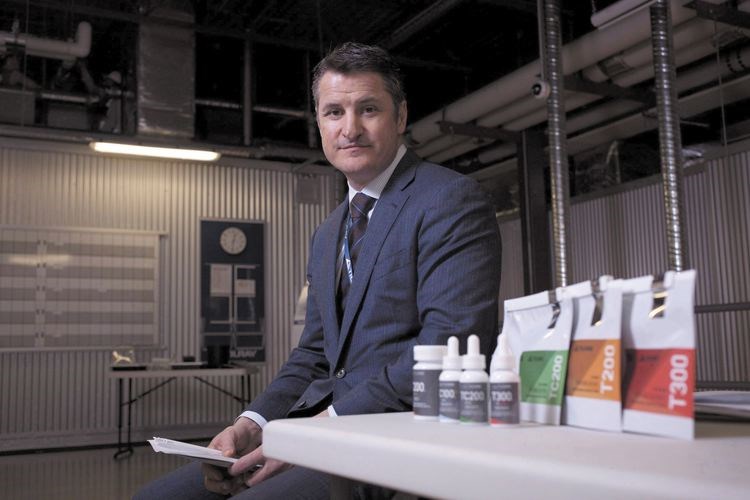Coun. Albert Koehler voted against reducing the proposed cannabis retail bylaw on Monday because he's "against the stuff" and wants to "make it difficult for anyone to obtain this stuff."
While his attitude certainly isn't shared by all of his city council colleagues, actions do speak louder than words and the City of Prince George's dreadfully slow and hardly business friendly response to the economic opportunities, particularly in cannabis production, of legal pot have been loud and clear.
Meanwhile, in Nanaimo, the new reality is on display for all to see.
As the feature story on page 19 today illustrates, Nanaimo is now home to the world's largest marijuana company. Tilray Inc.'s market value this week was more than $15 billion.
Tilray built a 60,000 square foot production facility (a little smaller than Prince George's Canadian Tire) in Nanaimo four years ago with a licence from Health Canada to produce medical marijuana. Tilray is one of the city's largest private sector employees, with 330 people tending to 40,000 plants and harvesting 50 different cannabis strains.
And there's nowhere to go for Tilray but up.
Tilray has big-name investors and top-drawer management running the operation.
Tilray provides medical marijuana to 10 countries, meaning it has already cleared the numerous regulatory hurdles to securely ship cannabis across international borders.
The company obtained permission this week from the Drug Enforcement Administration to export marijuana into the United States for medical research.
Tilray has invested in a production facility in Portugal to serve the European market and two processing facilities in Ontario.
On the recreational pot side, Tilray's High Park brand has already secured supply agreements with seven provinces and territories. It also has deals in place to provide Canadian pharmacies, including Shoppers Drug Mart, with marijuana.
Coca-Cola said this week it's exploring products infused with CBD, which - unlike THC - doesn't get users high but has been shown to effectively reduce pain.
While some market analysts insist Tilray and their major competitors are riding an unsustainable... ahem... high, others aren't so sure because the size of the global market remains unclear and more and more American states, as well as other countries, are decriminalizing or legalizing marijuana.
Other than Nanaimo's proximity to Vancouver and Seattle, it's an odd place for the world's top cannabis producer. Although Nanaimo has roughly the same population as Prince George, the Vancouver Island city lacks the amount of cheap, plentiful land Prince George has, as well as a railway hub and an international airport with the existing infrastructure to store and ship to markets across North America and the world.
Furthermore, UNBC boasts the facilities and personnel to conduct groundbreaking marijuana research, from medical applications to the most efficient soils.
Despite the advantages of a location like Prince George, Tilray went to Nanaimo because that city and its economic development office saw the opportunity and made it happen with business friendly bylaws, permits, zoning and licences and - most important of all - the political will to take a chance and be a leader.
Nanaimo's progressive approach gave it a huge headstart over slow and cautious Prince George and helped Tilray get a huge headstart over many of its Canadian and international competitors. Both the city and the company are better as a result.
A huge early economic opportunity missed for Prince George because some of our political leaders are still "against the stuff."
It's not too late, but the city council elected Oct. 20 has to follow Nanaimo's example and aggressively pursue the companies looking to invest millions of dollars in forward-thinking communities eager to prosper from a growing industry.
-- Editor-in-chief Neil Godbout



